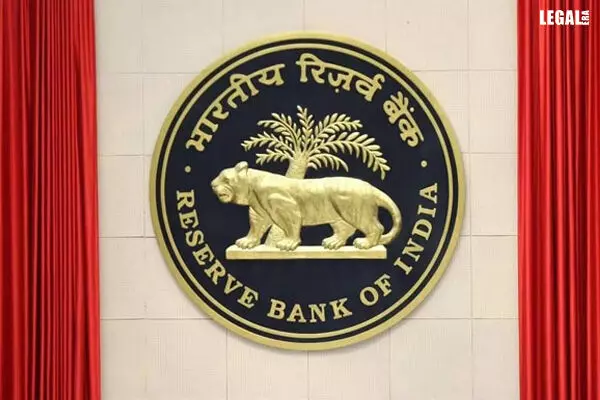- Home
- News
- Articles+
- Aerospace
- Agriculture
- Alternate Dispute Resolution
- Banking and Finance
- Bankruptcy
- Book Review
- Bribery & Corruption
- Commercial Litigation
- Competition Law
- Conference Reports
- Consumer Products
- Contract
- Corporate Governance
- Corporate Law
- Covid-19
- Cryptocurrency
- Cybersecurity
- Data Protection
- Defence
- Digital Economy
- E-commerce
- Employment Law
- Energy and Natural Resources
- Entertainment and Sports Law
- Environmental Law
- FDI
- Food and Beverage
- Health Care
- IBC Diaries
- Insurance Law
- Intellectual Property
- International Law
- Know the Law
- Labour Laws
- Litigation
- Litigation Funding
- Manufacturing
- Mergers & Acquisitions
- NFTs
- Privacy
- Private Equity
- Project Finance
- Real Estate
- Risk and Compliance
- Technology Media and Telecom
- Tributes
- Zoom In
- Take On Board
- In Focus
- Law & Policy and Regulation
- IP & Tech Era
- Viewpoint
- Arbitration & Mediation
- Tax
- Student Corner
- AI
- ESG
- Gaming
- Inclusion & Diversity
- Law Firms
- In-House
- Rankings
- E-Magazine
- Legal Era TV
- Events
- News
- Articles
- Aerospace
- Agriculture
- Alternate Dispute Resolution
- Banking and Finance
- Bankruptcy
- Book Review
- Bribery & Corruption
- Commercial Litigation
- Competition Law
- Conference Reports
- Consumer Products
- Contract
- Corporate Governance
- Corporate Law
- Covid-19
- Cryptocurrency
- Cybersecurity
- Data Protection
- Defence
- Digital Economy
- E-commerce
- Employment Law
- Energy and Natural Resources
- Entertainment and Sports Law
- Environmental Law
- FDI
- Food and Beverage
- Health Care
- IBC Diaries
- Insurance Law
- Intellectual Property
- International Law
- Know the Law
- Labour Laws
- Litigation
- Litigation Funding
- Manufacturing
- Mergers & Acquisitions
- NFTs
- Privacy
- Private Equity
- Project Finance
- Real Estate
- Risk and Compliance
- Technology Media and Telecom
- Tributes
- Zoom In
- Take On Board
- In Focus
- Law & Policy and Regulation
- IP & Tech Era
- Viewpoint
- Arbitration & Mediation
- Tax
- Student Corner
- AI
- ESG
- Gaming
- Inclusion & Diversity
- Law Firms
- In-House
- Rankings
- E-Magazine
- Legal Era TV
- Events
RBI imposes ₹2.5 Crore Penalty on L&T Finance for Non-Compliance

RBI imposes ₹2.5 Crore Penalty on L&T Finance for Non-Compliance
The Reserve Bank of India (RBI) has imposed a monetary penalty of ₹2.50 crore on L&T Finance Limited for violating certain norms.
The RBI press release stated that this action was taken in response to L&T Finance Limited's non-compliance with certain provisions of the Non-Banking Financial Company - Systemically Important Non-Deposit taking Company and Deposit taking Company (Reserve Bank) Directions, 2016.
The RBI imposed the penalty under the relevant sections of the Reserve Bank of India Act, 1934.
This regulatory action is intended to address compliance deficiencies and should not be seen as a judgment on the validity of any of the company's transactions or agreements with its customers.
The RBI's decision was based on a statutory inspection of L&T Finance Limited's financial position as of March 31, 2021, and March 31, 2022.
The inspection reviewed various reports and correspondence, and identified several issues, including the company's failure to inform retail borrowers about risk gradation and interest rates for different borrower categories in loan application forms or sanction letters.
The company did not inform borrowers about changes to penal interest rates, even when the rates were higher than initially stated.
The company did not inform the borrowers about any changes that were made to the terms and conditions of their loans. This includes an increase in the annual interest rates, which were higher than what was initially communicated when the loan was approved.
The RBI then issued a notice to L&T Finance Limited, asking the company to explain why it should not be penalised for its failure to comply with RBI directions.
After considering the company's written and oral responses to the notice, the RBI found that L&T Finance Limited had violated its directions. It, therefore, imposed a monetary penalty to address this non-compliance.



